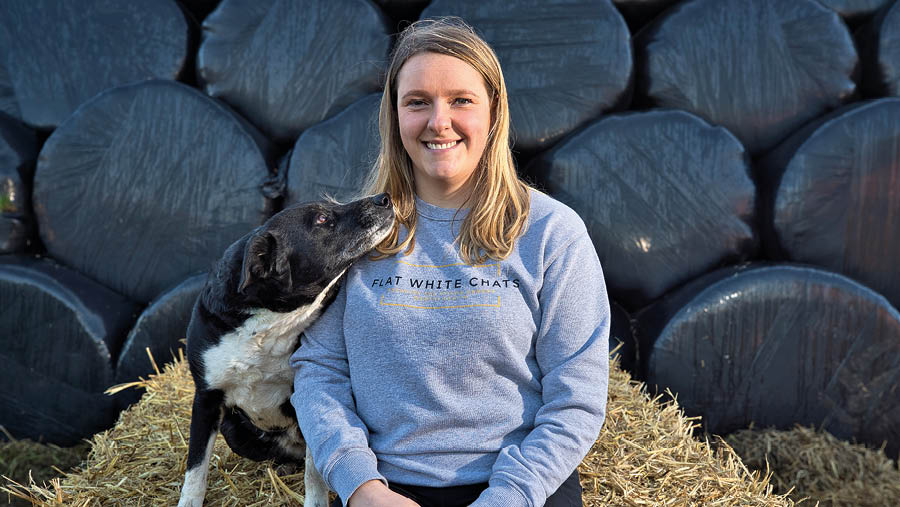Charlie Beaty: Regen should be the norm, not ‘exclusive’
 © Richard Stanton
© Richard Stanton The regen bandwagon is well and truly rolling, with plenty of us farmers wanting to hop on and give it a shot.
But the argument now seems to be: Is this an end goal or a process?
See also: Charlie Beaty – let’s smash the farming stereotypes
A lot of the well-known regen methods include heavily integrating livestock into arable rotations, something that many of our grandparents will tell us was the norm in their day.
But these practices have been lost to more convenient alternatives – after all, it’s much easier to whizz round a field with the tractor and sprayer than to manage a flock of sheep on it for a few days.
Not all farms are set up for this, and the prospect of popping up a sheep-proof electric fence around a few fields for a short period of time can feel like more hassle than it’s worth.
There are other practices allowing us to reduce our reliance on synthetic inputs, such as growing cover crops.
Farmers are trialling them across the country, with many more of us watching closely to decide which bits we might copy and try ourselves.
Switching away from the tried-and-tested methods – and the “if it ain’t broke, don’t fix it” attitude – isn’t easy though, especially with margins so tight and rents to pay.
I can hear you saying, “but that’s the point: reducing inputs reduces costs”, but when you have the option to use a pesticide and further secure your chances of taking off a decent crop come harvest, it’s hard to make the call not to.
Then there’s the shouts for standards to be introduced.
Certain restaurants, butchers and retail chains are now offering a premium for regeneratively farmed beef, which can be up to 30% extra on the AHDB average deadweight.
While I agree that this needs to be measured and monitored in some way, I do worry that introducing set standards for regeneratively farmed produce to meet will make it a very exclusive market, rather than the inclusive process that it really should be.
We need to be playing the long game and working towards this becoming the norm within British agriculture.

